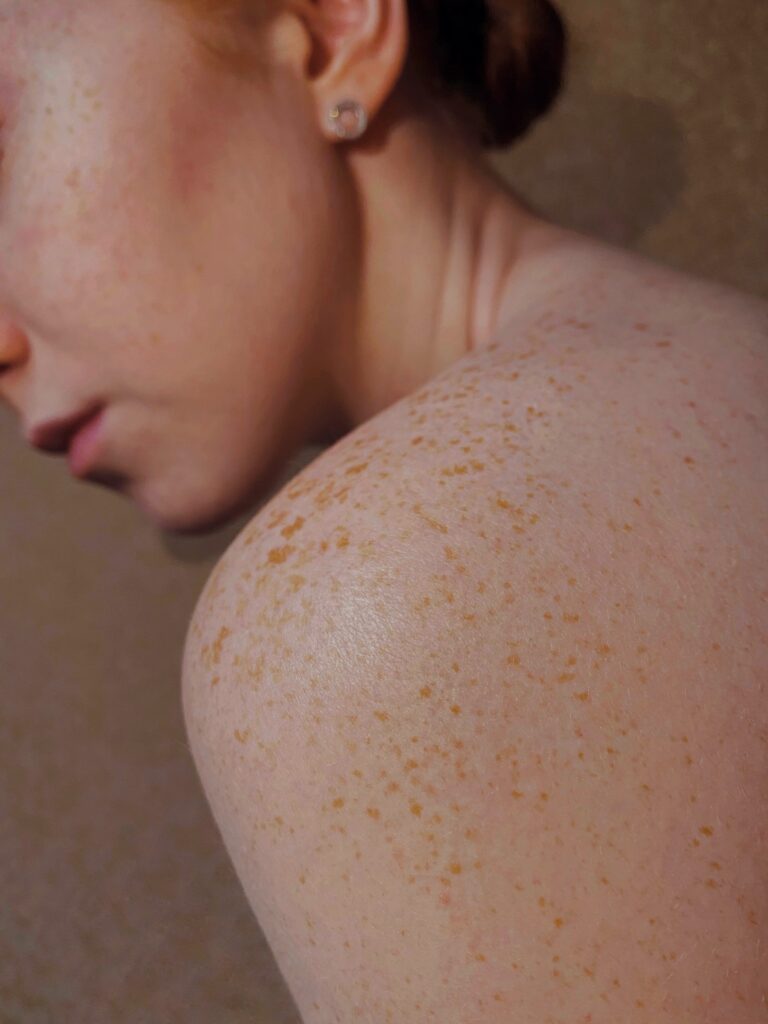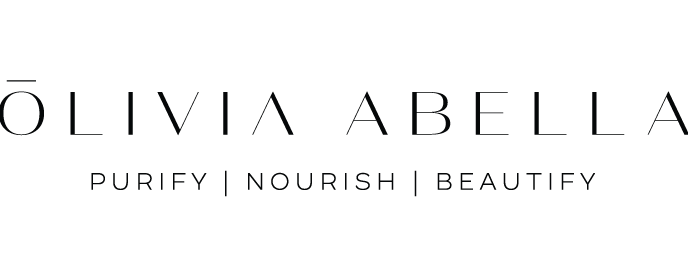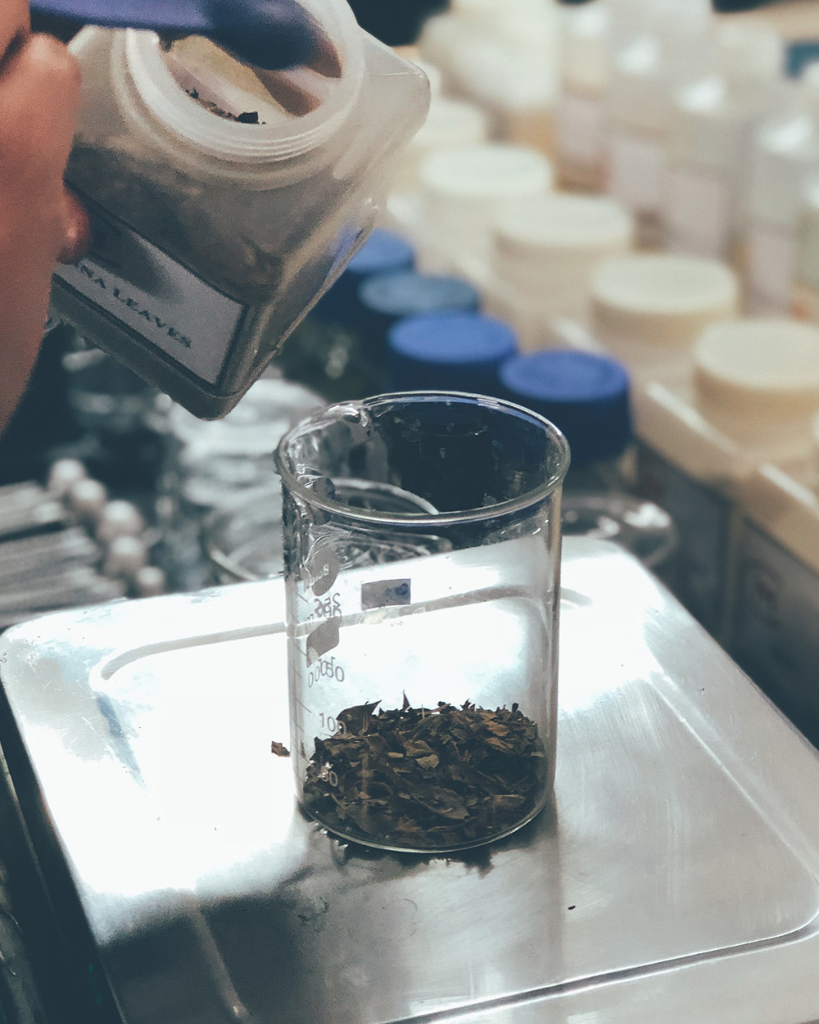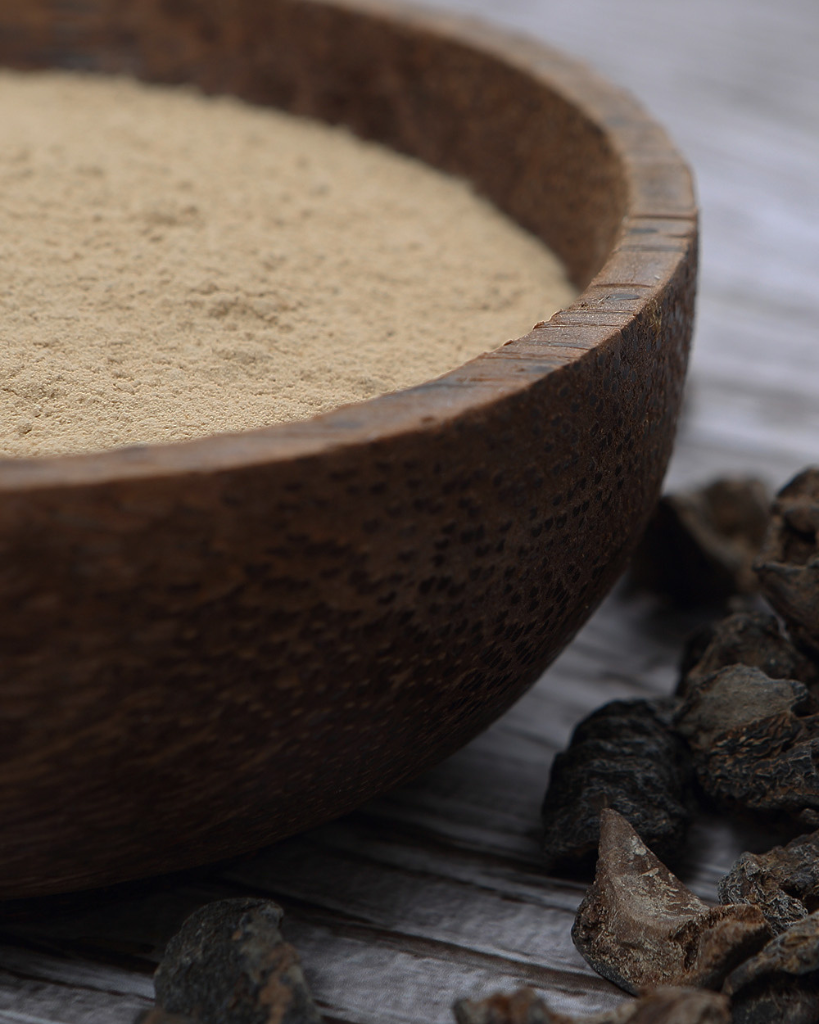Best probiotic for skin & gut
BY OLIVIA ABELLA
Probiotics are a non-negotiable supplement to take if you want to have healthy skin throughout your life. The intricate relationship between our skin and gut health has garnered unprecedented attention.
Both the gastrointestinal (GI) tract and the skin play a pivotal role in detoxification. When the GI tract is inflamed, its ability to effectively absorb essential nutrients crucial for healthy and radiant skin—such as vitamins, minerals, and antioxidants—becomes compromised. Moreover, an imbalanced gut flora hinders the efficient elimination of toxins, resulting in the buildup of harmful bacteria and toxins that congest the lymphatic system. This congestion can manifest on the skin’s surface as acne, eczema, and various skin issues. To achieve clearer skin, the journey begins with nurturing a healthy gut.
The relationship between the gut microbiome and skin health
The connection between the gut microbiome and the skin is hard to ignore. While not a new subject of study, it has gained significant importance in both dermatology and gastroenterology. The gut and skin are connected, and the gut bacteria talk to the skin through the immune system, which helps control inflammation. If the gut barrier is weakened, harmful gut bacteria and their products can enter the bloodstream, affecting the skin and causing skin problems.
Problems in the gut can lead to skin issues like acne, psoriasis, eczema, and rosacea. For example, a bacteria called Helicobacter pylori in the stomach may be linked to rosacea, and treating it can improve skin symptoms. The gut’s bacteria also affect the immune system, which can impact skin conditions like eczema. Acne can worsen due to stress affecting gut bacteria and causing inflammation in the body.
Just as gut bacteria interact with the immune system, skin bacteria help control inflammation and keep the skin balanced. Skin disorders like psoriasis and eczema can result from problems with the skin’s immune response.

CONSUME A VARIETY
OF PROBIOTIC SOURCES
LACTOBACILLI AND BIFIDOBACTERIA
For optimum “gut flora balance”, the beneficial bacteria, such as the gram-positive Lactobacilli and Bifidobacteria, should predominate, presenting a barrier to invading organisms. The majority of the intestinal microflora in a healthy person should be good bacteria.
Food sources
Fermented foods have been around for ages and used as natural medicine throughout history. However, in the present day, the consumption of these probiotic-rich treasures has dwindled for many of us. To remedy this, it’s worth exploring the following selection of wholesome fermented foods that can offer a healthful boost to your diet: sauerkraut, kimchi, miso, kefir, coconut yogurt, and pickled vegetables.
Bacillus
Bacillus clausii, spore-forming bacteria, has advantages over the Lactobacillus species as it is heat stable and can be stored at room temperature without any deleterious effects on its viability; it is also resistant to the acidic gastric environment.
Introducing Spore-Based Probiotics
A Breakthrough in Gut Health
Benefits
01 Enhanced survivability
Bacillus spores do not need to be refrigerated. The robust nature of these variants ensures their survival through the stomach’s acidic environment. Upon ingestion, they remain dormant in the stomach’s acidic environment until they reach the large intestine. Upon reaching this destination, they switch to their active state and commence the process of populating the gut.
02 Gut Healing
These probiotics stimulate the production of short-chain fatty acids (SCFAs) such as butyrate, which nourish colon cells and strengthen the gut barrier, reducing inflammation and promoting gut health.
03 Optimizing Your nutrient status
Those spore-based probiotics Produce key nutrients – antioxidants, B-vitamins, Vitamin K2, Nattokinase, and CoQ10
The best SPORE-BASED Probiotic Dedicated to Skin Health Available Today
Microbiome Labs is recognized for creating products that incorporate probiotics, prebiotics, and other ingredients designed to nurture a healthy gut environment. They created the supplement “Serene Skin” a spore-based probiotic supplement with four strains of Bacillus and vitamin k2 with many skin benefits.
Do you have any questions or comments?
Ask away!
MORE SKIN TIPS!
hello, I’m olivia!
MY STORY
My goal is to empower individuals to embrace a holistic approach to Skin Health, incorporating mindful detox practices, wholesome nutrition, and targeted skincare techniques. Through my guidance and support, I aim to help you unlock the true potential of your skin and experience the profound connection between inner well-being and outer radiance.








Leave a Reply